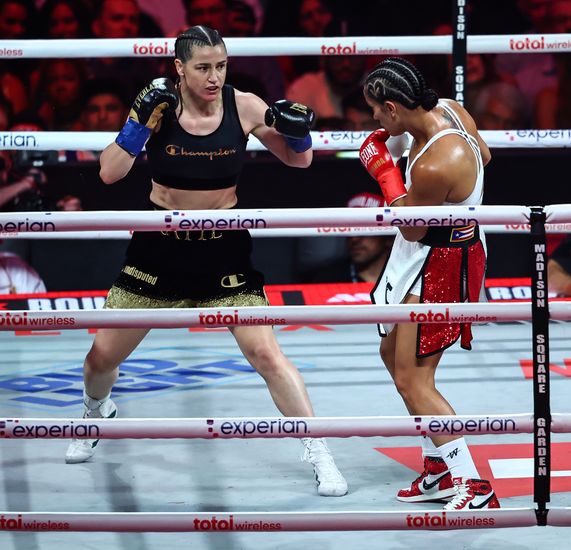Niall Williams's latest novel “This is Happiness” is published in the U.S. this week. PHOTO BY JOHN KELLY
Page Turner / Edited by Peter McDermott
“‘This is Happiness’ is a novel, set in the fictional west Clare village of Faha, during the summer of 1958 when electricity finally arrives,” Niall Williams told us of his latest book. “It is about this threshold time, when, halfway into the 20th century, the parish finally steps out of the 19th. It is also the story of a young man who comes to stay that summer with his grandparents, and discovers what it means to be a fully human being.”
The 17-year-old Noel Crowe, who had bolted from a seminary, recalls 60 years later that he was “not exactly in disgrace – my grandparents, Doady and Ganga, were too contrary and crafty for that – but certainly distant from grace, if grace is the condition of living your time at ease on the earth.”
Later the Dubliner says, “Although it is a fact that each time I came to Faha I found it smaller and poorer than my boyhood had made it, the sense of it as a place of escape endured.”
Noel says of his hosts, “‘Ganga’ I understood was what my infant tongue made of Grandfather, and he loved it and for his entire life I called him nothing else, but Doady, which came I think from Doodie, the name of my soother, sat less easily on her. Though she was the mother of twelve, succor was apparently not in her nature. But women are deeper than men, so it’s unfair to say.”
His grandmother, who had come across river and mountain from the Iveragh peninsula, “had the sorrow of all Kerry people have when they’re not in Kerry, but this she countered with copious letter-writing.”
Doady, her grandson recalls, “was equal parts Christian and pagan, never said the Good Lord without just a hint of irony, made no distinction between giving me my first set of scapulars and telling me that if I didn’t wear them the púca would get me.”
Williams’s prose, said the reviewer in the Financial Times, is “life-affirming and written with a turn of phrase that makes the reader want to underline something on every page.”
On this side of the Atlantic, Kirkus Reviews said, “Warm and whimsical, sometimes sorrowful, but always expressed in curlicues of Irish lyricism, this charming book makes varied use of its electrical metaphor, not least to express the flickering pulse of humanity.”
Williams’s previous novels have won wide praise here. His “Four Letters of Love,” to take one, was listed by the New York Times as a Notable Book of the Year.
“The best book I’ve read in years,” the Minneapolis-St. Paul Star Tribune reviewer said of another, “History of the Rain,” adding that it was “lyrical, almost poetic” and “wickedly funny.”

Niall Williams
Date of birth: June 8, 1958
Place of birth: Dublin
Spouse: Christine Breen
Children: 2
Residence: Kiltumper, Co Clare
Published works: 4 books of non-fiction with Christine Breen about moving to Clare in the 1980s, 9 novels, 3 stage plays. [For more information go to niallwilliams.com.]
What is your writing routine? Are there ideal conditions?
The only ideal condition is a chair. I don’t have a routine as such. When I am working on a book, I can’t wait to get back to it each day, so usually, soon after breakfast, I slip into the front room of our house here in Kiltumper where I have an extended view over the garden, and pick up where I left off the day before. I write until lunchtime or thereabouts, and then I try and get outside, working in the garden for the afternoon, where Chris will already have been for some hours. If the day is especially fine, I will convince her we should go for a walk at the beach at Doughmore, telling myself that all of this is part of the writing too.
What advice do you have for aspiring writers?
Sit down. Flight begins with a seat.
Name three books that are memorable in terms of your reading pleasure.
There are so many, and no sooner will I name one than another will come to mind, and so on. Books have been my life, so it is hard to single some out. But certainly Dickens’s “Great Expectations,” Gabriel Garcia Marquez’s “One Hundred Years of Solitude,” and everything by Seamus Heaney.
What book are you currently reading?
“Ireland’s Wild Plants, Myths, Legends and Folklore,” by Niall MacCoitir
Is there a book you wish you had written?
You can’t write any books other than your own, any more than a chestnut tree can produce apples. So there’s no point wishing.
Name a book that you were pleasantly surprised by.
Too many to say. The titles could fill every line of this newspaper.
If you could meet one author, living or dead, who would it be?
Likewise, too many to say. But certainly, Wendell Berry.
What book changed your life?
“O Come ye Back to Ireland” changed my life, because when Chris and I wrote it we were taking our first leap into the unknown of whether or not we could make a life of writing in Clare. Next year we will have been here 35 years, and the experiment continues.
What is your favorite spot in Ireland?
The one I’m in. The garden Chris has made in Kiltumper.









